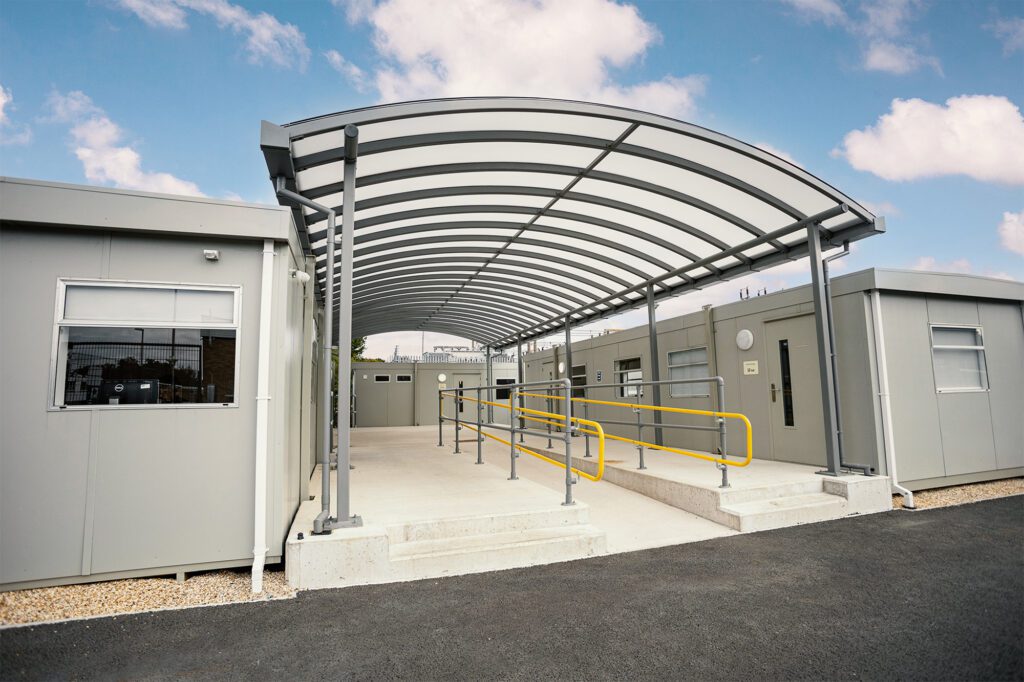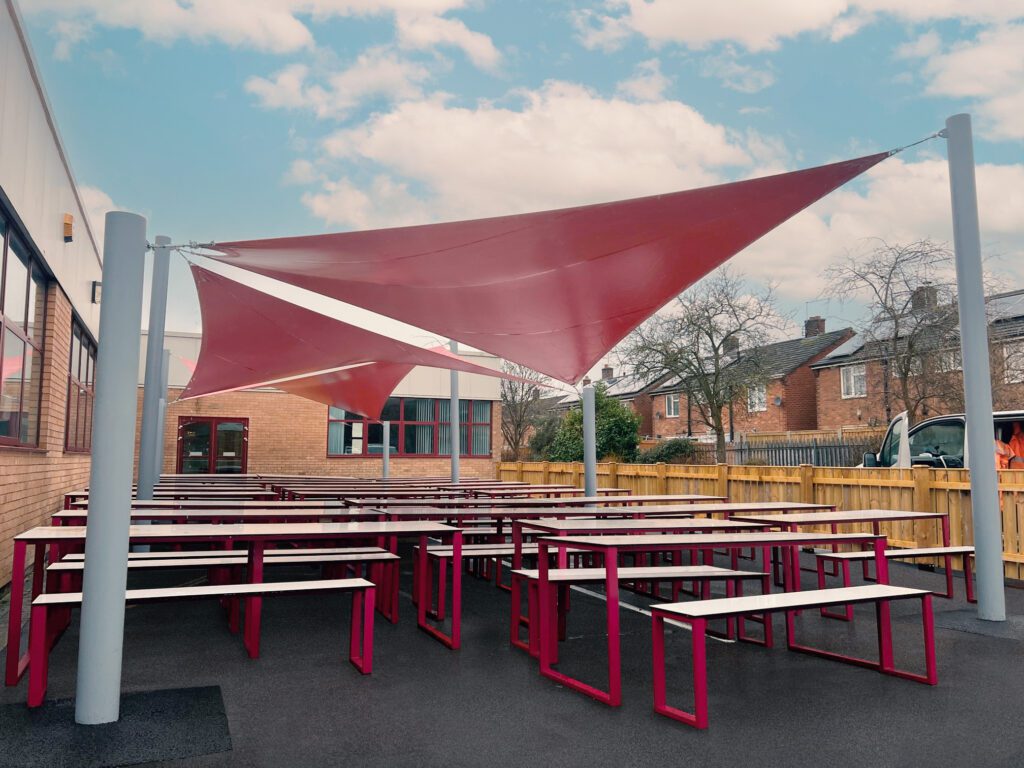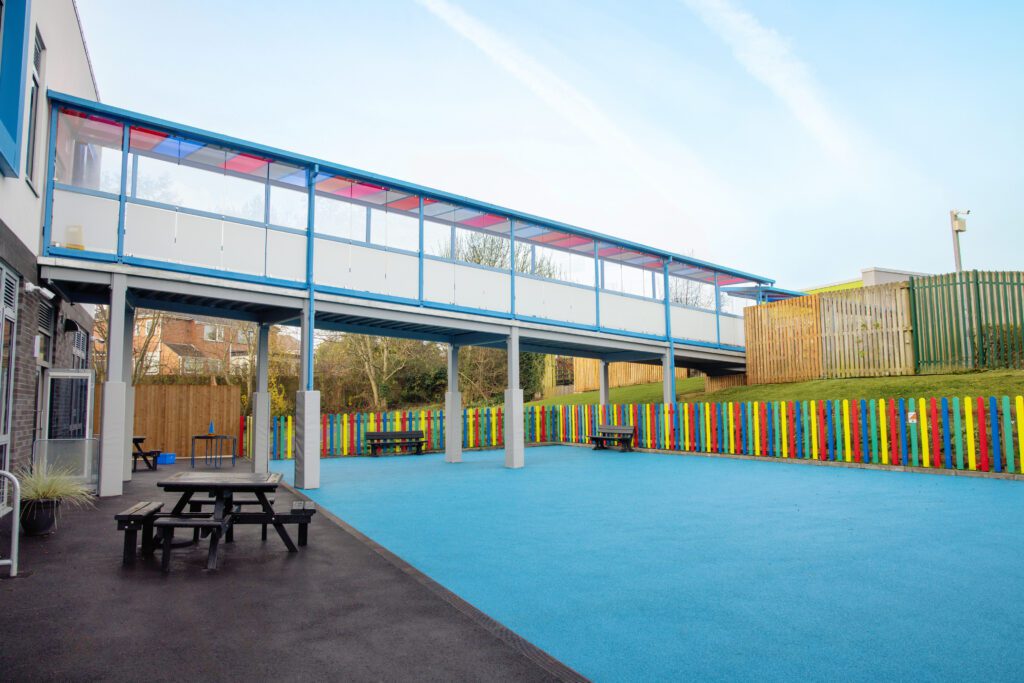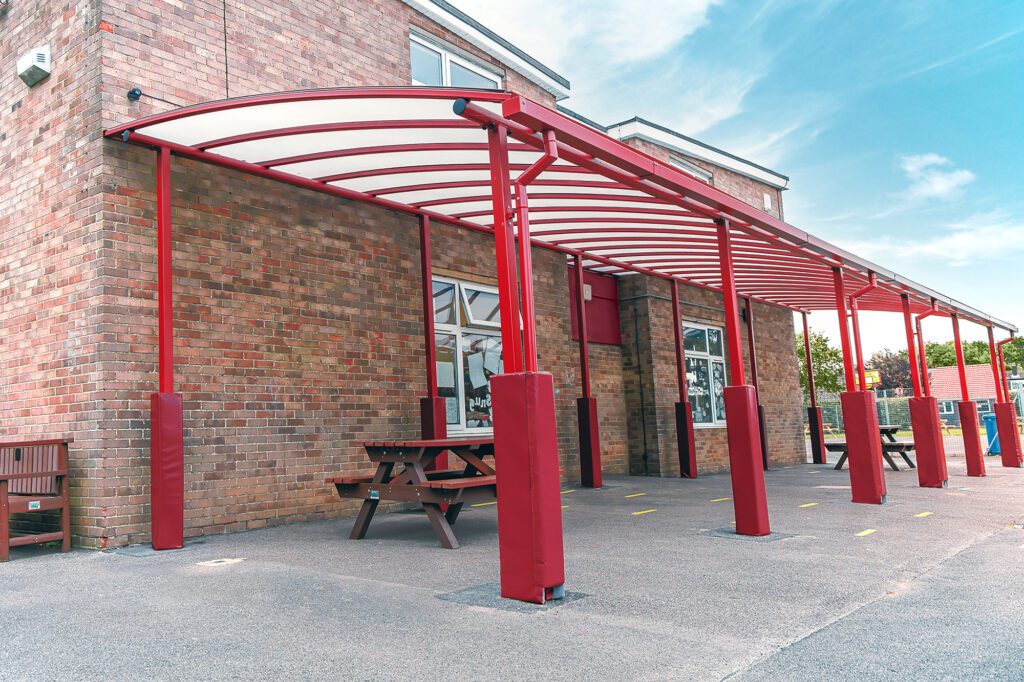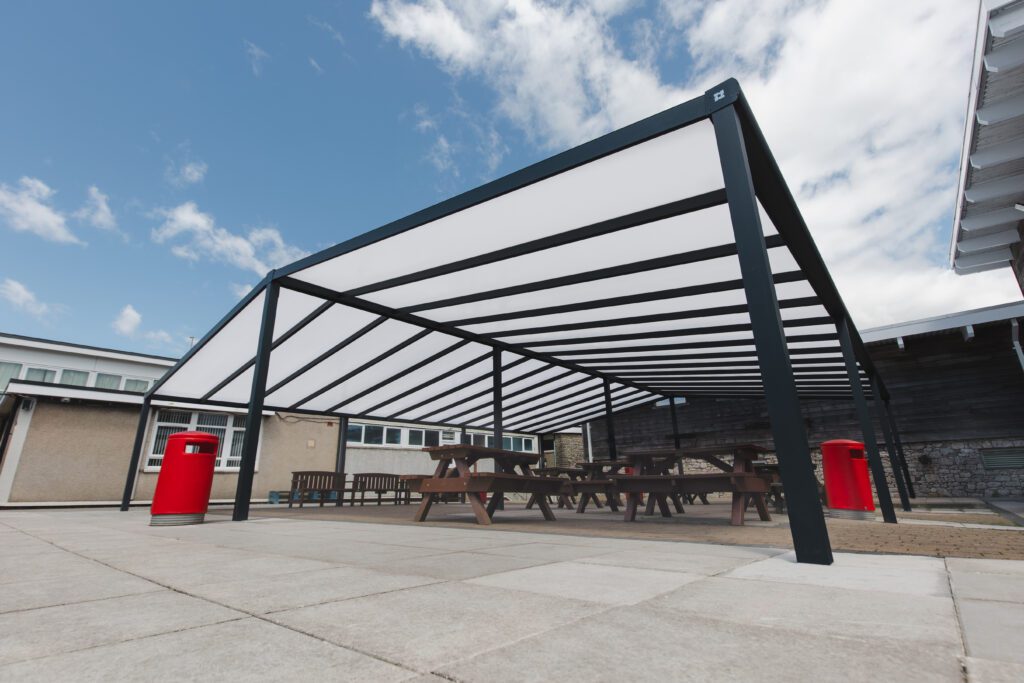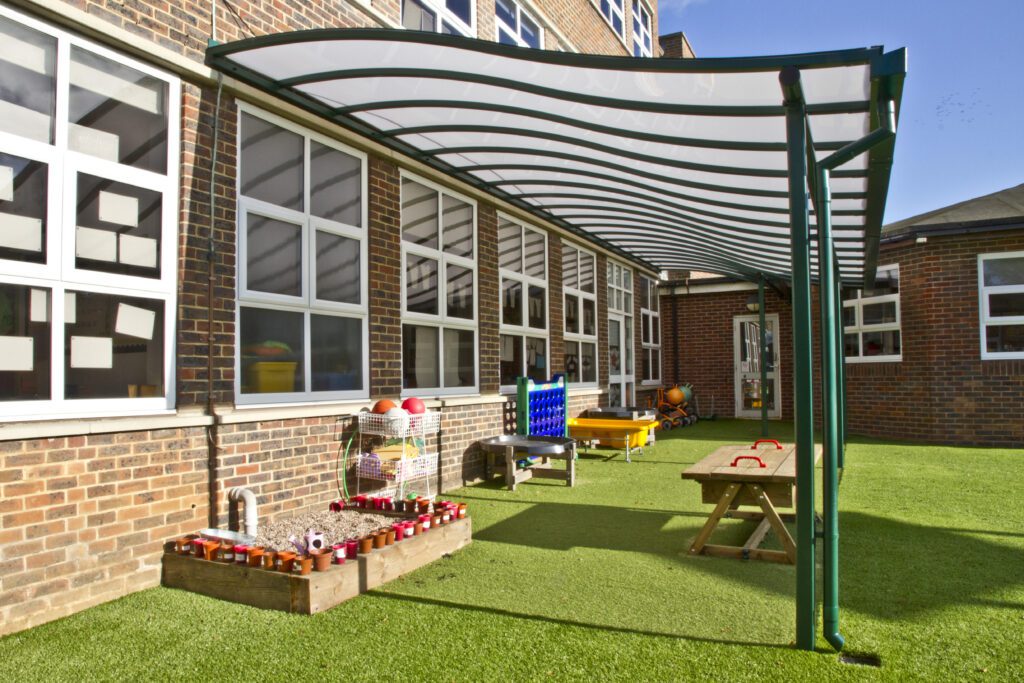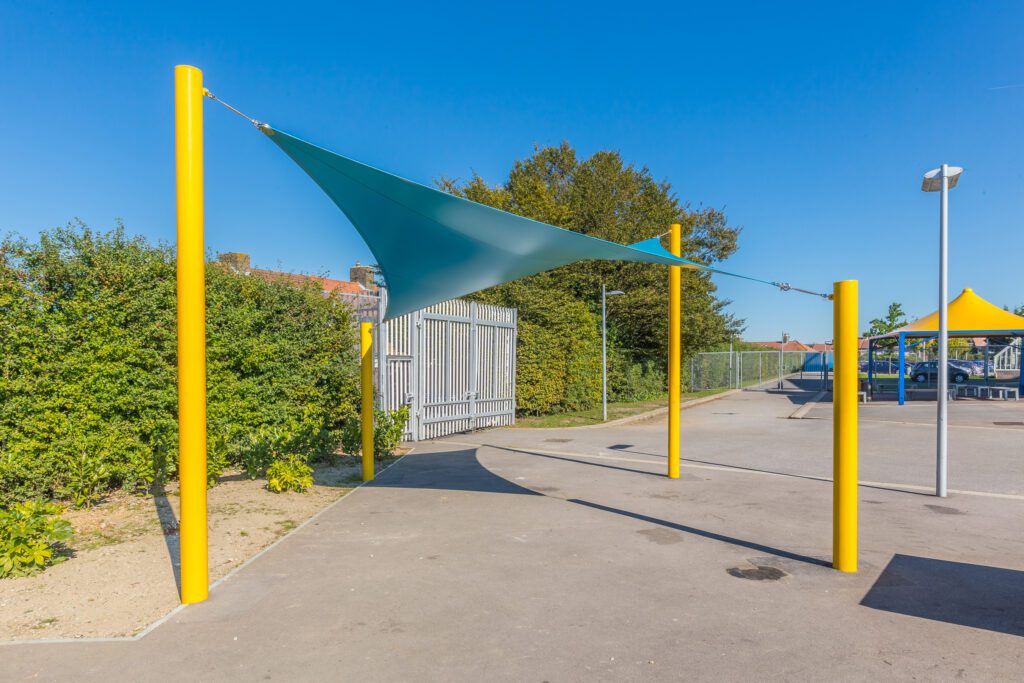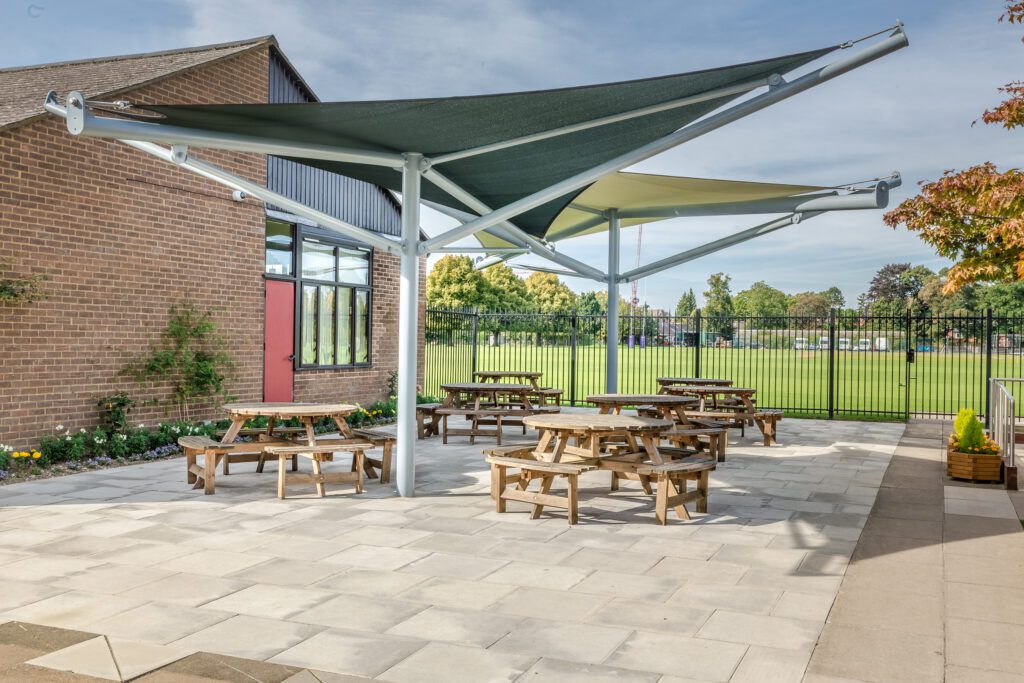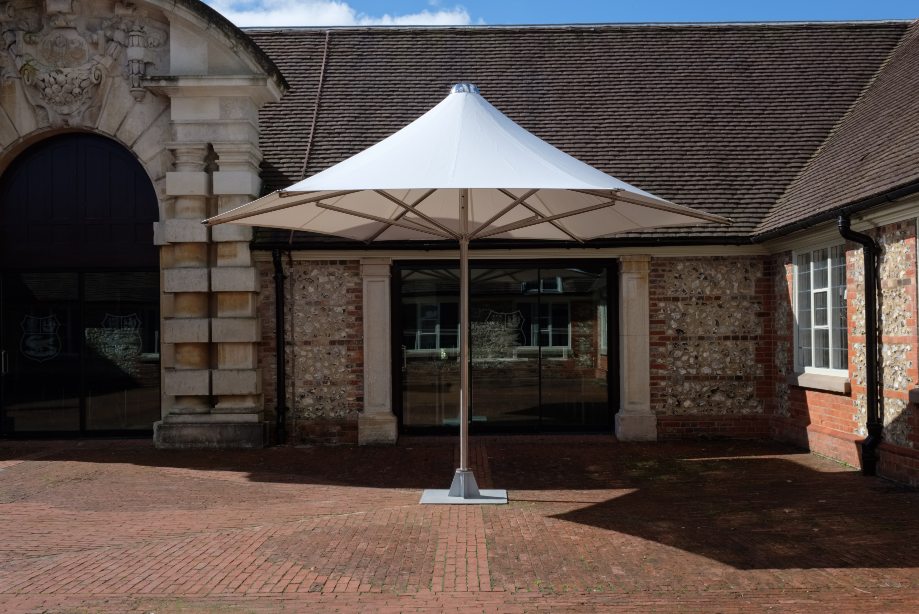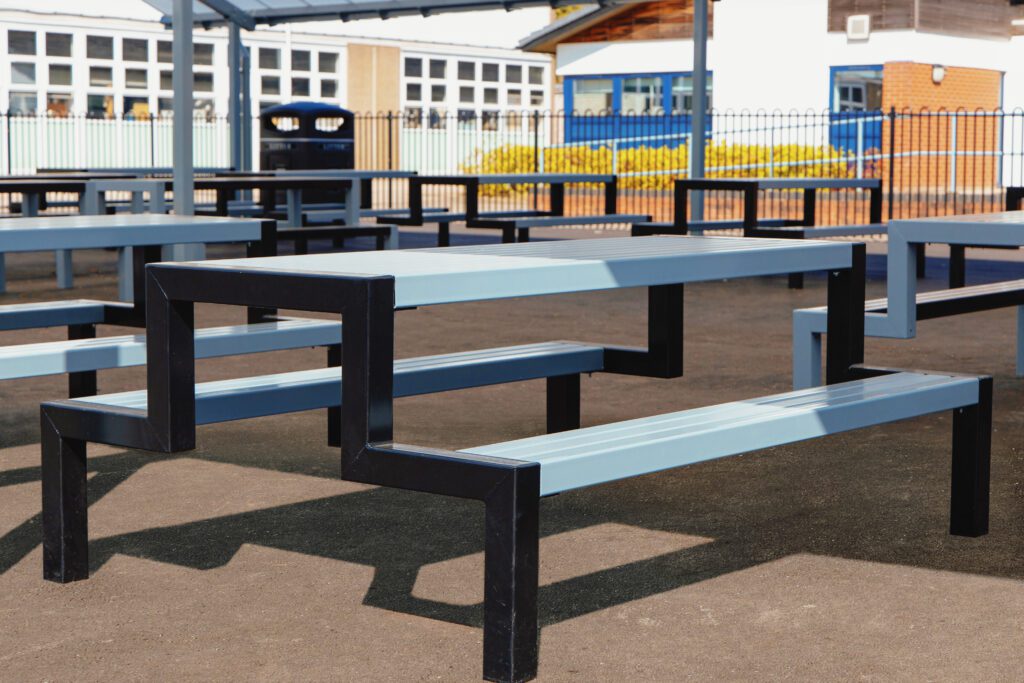What is CIF for?
To ensure school and college buildings are in safe working order, the Department for Education runs the Condition Improvement Fund (CIF). A large portion of this money goes to condition projects, which we’ll discuss later in this article. Essentially, the fund is designed to fix issues that rarely make the headlines but can actually shut a school down if ignored.
A small portion of this money goes to expansion projects. However, only schools that are rated Good or Outstanding for both quality of education and leadership/management are eligible.
Expansion projects as far as CIF is concerned, are designed to deal with overcrowding or to provide more places where there’s clear evidence it’s needed.
CIF cannot be used for any purchase that isn’t tied to a serious building issue. That means, it is not intended for buying land, furniture, laptops, and so on.
Who Can Apply to CIF?
You can apply if you are, as of the start of September 2025:
- A stand-alone academy
- An academy in a MAT with fewer than five schools or fewer than 3,000 pupils
- A voluntary aided school in a VA body or group that meets the same size criteria
- A sixth-form college
- A school with an academy order that’s expected to join a CIF-eligible trust by 1 April 2026
If your trust is large enough to qualify for the School Condition Allocation (SCA), you can’t bid for CIF. It’s either CIF or SCA, but not both.
For VA schools, when applying, they must include the mandatory 10% contribution. This contribution amount cannot be covered with a CIF loan.
PFI and Priority School Building Programme schools can also apply. However, they must prove the work isn’t already covered by contracts or warranties.
What Types of Projects can be Funded by CIF?
CIF funds three basic project categories:
1. Condition Projects
As discussed previously, this category takes a large chunk of the funding. The projects we’re talking about are boilers at the end of life, roofs that don’t keep water out, fire alarms that fail tests, electrical systems that throw up constant warnings, and so on.
The DfE places the highest priority on issues like these. This is because they are linked to compliance, health, and safety.
2. Condition with Expansion
Sometimes, replacing an old classroom block might require a slight increase in size to meet Building Bulletin 103 or 104 standards. The CIF funding allows up to 10% additional floor area.
Therefore, you need to ensure it doesn’t exceed 10%. If it does, that’s going into expansion territory, and you might risk disqualification.
3. Expansion Projects
Only a very small portion of CIF goes into these projects, which need strong justification. As a result, the DfE runs several checks, including performance data, capacity, demand, and whether the GIFA increase is appropriate.
Even after approval, expansion bids are still heavily monitored. You’ll only get funding after further due diligence is completed.
Deadlines and Key Admin Steps
Applications are open now for 2026–27. The deadlines are:
- 9th December 2025 (12 noon) – last date to register for the CIF portal if you’re new to the process
- 16th December 2025 (12 noon) – application deadline
Every year in the final 48 hours, the portal is often overloaded. So, the DfE strongly suggests applicants log in at least a week before to ensure your account is working. Ensure you get everything sorted a week before.
If you’re new to the portal, you’ll need:
- Your trust’s Companies House number (or your school URN with “00” in front)
- A generic email address like admin@ or office@ (this avoids login problems when staff move on)
Evidence You’ll Need
The DfE wants independent surveys, dated within the last three years, with clear condition grades and priority ratings. A survey isn’t independent if the same company has bid for the works.
They also expect:
- clear photos in a separate 1MB document
- detailed cost plans
- realistic options appraisals (including a “do nothing” scenario)
- evidence of GEMS-style planning
- a delivery plan that isn’t fantasy football
Conclusion
CIF isn’t a quick job. You’ll need surveys, photos, quotes and internal sign-off. The accounting officer or senior leader must personally submit the bid. That means, no consultants.
If your school has a building problem that gives you sleepless nights, CIF might be the lifeline you need. But you have to start now to secure the funding.







